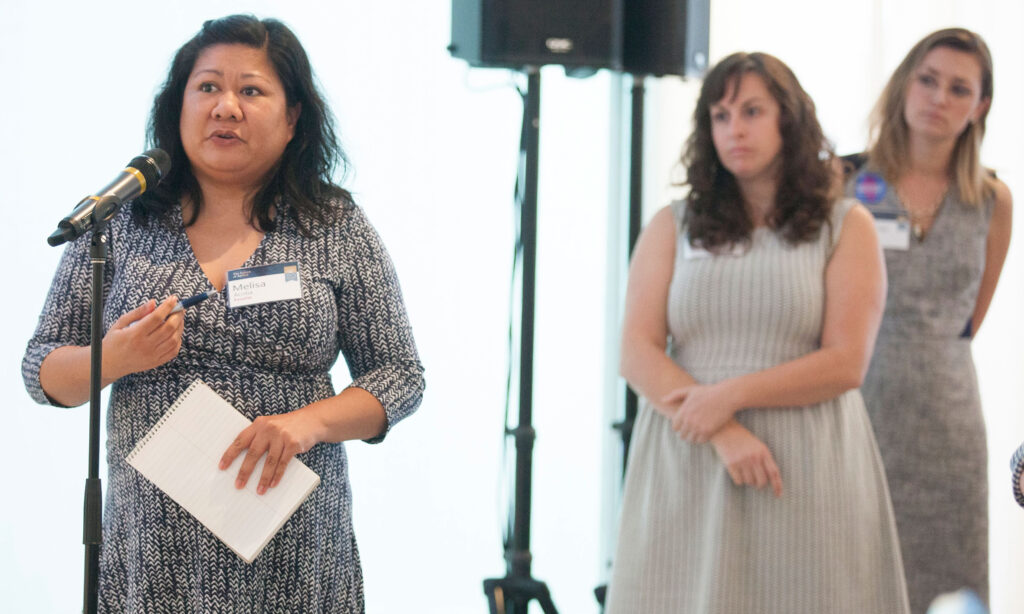Comments Filed in Partnership with Legal Impact Network Members
August 4, 2021

Government should work for everyone, including people living in poverty. Yet our country has historically created and implemented policies and laws that perpetuate poverty and racial inequity, creating underserved communities with inequitable support. The legacy of those laws and polices has resulted in starkly less investment, over policing, and poorer quality government services in Black and Brown communities.
In June, the Biden Administration’s Office of Management and Budget (OMB) released a request for information from the public on best practices for advancing equity and support for underserved communities through government. OMB sought input on available methods, approaches, and tools to assess whether federal agency policies and actions equitably serve all eligible individuals and communities.
In collaboration with a dozen members of the Legal Impact Network (LIN), the Shriver Center submitted a response arguing that the federal government has many tools to implement policies and procedures for advancing racial equity, but must be intentional about the process.
Federal agencies have varying levels of thoroughness when conducting internal racial and ethnic equity assessments. Although the USDA’s Civil Rights Impact Analysis serves as a better assessment model, all agencies fall short in terms of accountability and transparency. For better models, the Shriver Center recommends that federal agencies look to how localities such as New Orleans and Philadelphia have assessed fair housing in their communities. Other potential models are states such as Illinois and Maine, which have recently undertaken assessment of affordable healthcare policy and equitable legislation, respectively.
In addition, the Shriver Center asserted that barriers and burdens to public benefits often fall heaviest on communities of color. Relatedly, federal government’s emphasis on “program integrity” perpetuates racist myths about individuals on welfare and contradicts its mission of program uptake, as high uptake rates are a better measure of programmatic success and low uptake rates showcase program inefficiency.
Read the response from the Shriver Center and members of the Legal Impact Network.